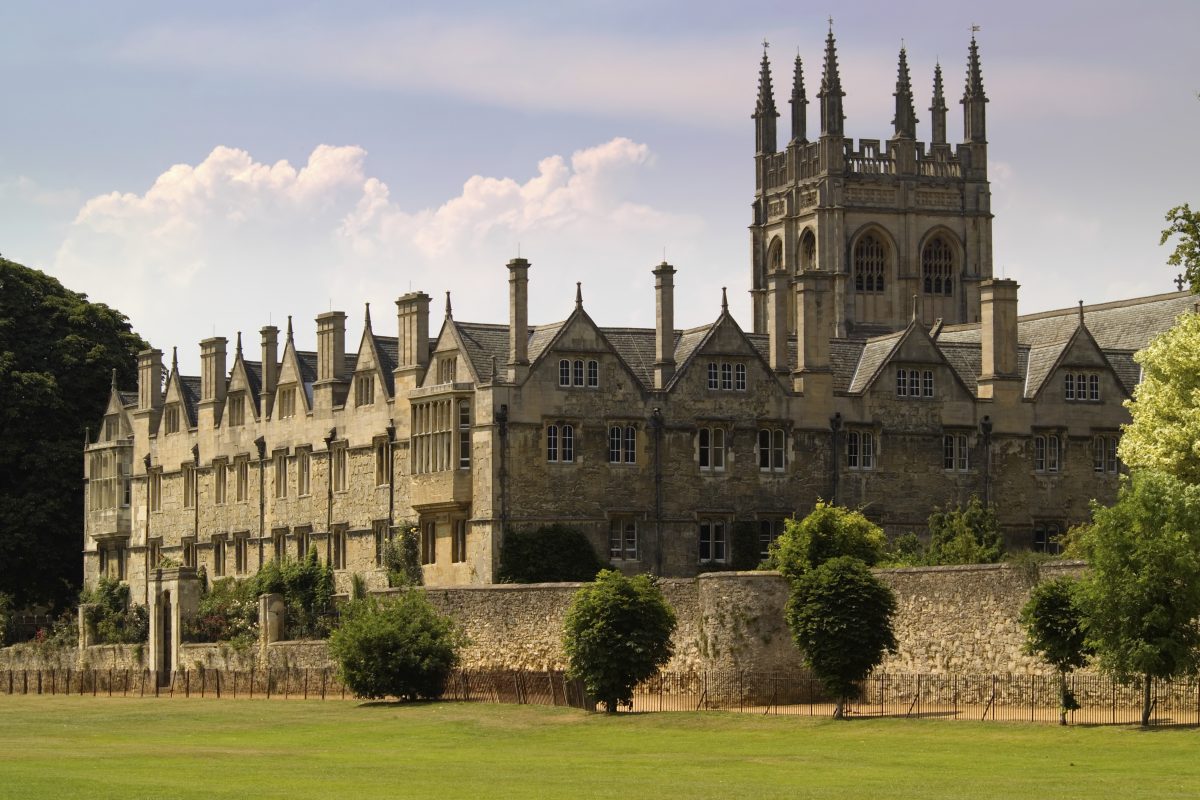
British Universities are known as some of the best in the world and are steeped in tradition as prestigious centres of learning and research. Students are given a fantastic opportunity to spend three or four years studying the subject of their choice, learning from leading experts in the field and earning degrees which open doors into careers around the world.
Undergraduate degrees usually last three years, although some courses may take four if they include an extra ‘year out’. For example, language students spend their third year abroad, engineering or management degrees sometimes include a ‘year in industry’ and lots of courses offer an ‘Erasmus year’ where students can study at a university in another country.
Bachelor’s degrees are generally categorised as either a B.A. (Bachelor of Arts), which comprises humanities subjects, or a B.Sc (Bachelor of Science), which indicates scientific subjects ranging from physics and biology to accounting and geography. There are also more vocational degrees, such as medicine, architecture and law which have unique trajectories and course lengths.
British University is much more independent than secondary school and students are expected to motivate themselves for individual study, for which A Levels, the IB or a Foundation Course should help them prepare. ‘Contact time’ varies from course to course, but most Arts subjects will have weekly seminars and lectures, alongside long essays each term. Science subjects tend to have longer contact hours as teaching takes place in laboratories rather than independently in libraries.
There are exams at the end of each year and assessed coursework essays, mostly with a longer dissertation in the final year. Grades are awarded quite broadly: a ‘First’ is over 70%, a ‘2.i’ over 60%, a ‘2.ii’ over 50% and a ‘third’ is over 40%. Most students achieve a 2.i, also known as an ‘upper second class’, which is often the requirement for entry level jobs.
To see our interactive graph explaining how Undergraduate and Postgraduate degrees fit into the entire UK education system click here.
There are various factors to consider when choosing which universities to apply to. Academic reputation is often the top criteria, as it reflects the standard of teaching and generally correlates to the employment prospects of its graduates. For most subjects, Oxford and Cambridge (Oxbridge) are seen as the most prestigious, followed by the London Universities like UCL, LSE, King’s College and Imperial, and universities like Durham, Bristol, Manchester, Leeds, York and Warwick. As a general guide, ‘Russell Group’ universities, a group of 24 institutions with prestigious reputations, offer highly-respected degrees, and the university guides provide a helpful overview of rankings by subject, for example, The Complete University Guide, QS Top Universities or The Guardian University League Tables.
Another important factor to consider is location and living arrangements. For most students, university is a student’s first experience of living away from home and it is important they feel comfortable in their new environment. Most first years live in ‘halls’ accommodation, similar to boarding school, and then move into the city for the following years, although this varies from university to university. Some students prefer small and traditional towns, like Durham and Exeter, while others are drawn to the excitement of bigger towns like Manchester and Leeds. Open days can be a valuable opportunity to get a feel for the university campus, the living arrangement and style of teaching.
Students apply to university in their final year of school, presenting universities with a ‘personal statement’, outlining their passion for their subject, and their predicted grades at A-Level or the IB, based on their teachers’ assessments. A centralised body, known as UCAS, then passes their application to up to five universities (it is possible to apply for several courses at the same university) to be reviewed. Oxford and Cambridge also interview candidates, as do many medicine courses.
Normally students only apply to programmes for which they have the right predicted grades. For instance, a History BA at LSE may require A*AA at A Level, so a student predicted BBB would not apply. Based on their personal statement, references from teachers and their predicted grades, universities will either accept or decline students. Unless the student has already left school and has therefore applied with their existing rather than predicted grades, offers are then conditional on achieving their predicted grades. If they fail to meet their target, they can go through UCAS ‘clearing’ to see other courses which may accept them on results day.
Our team have a wealth of experience in helping students select and apply for their undergraduate degree. We can arrange foundation courses for international students if necessary and help you navigate through the UCAS application system, providing advice on personal statements and insights into the quirks of different universities.
Send us an enquiry or call on 0203 397 7744 to speak to one of our advisors.